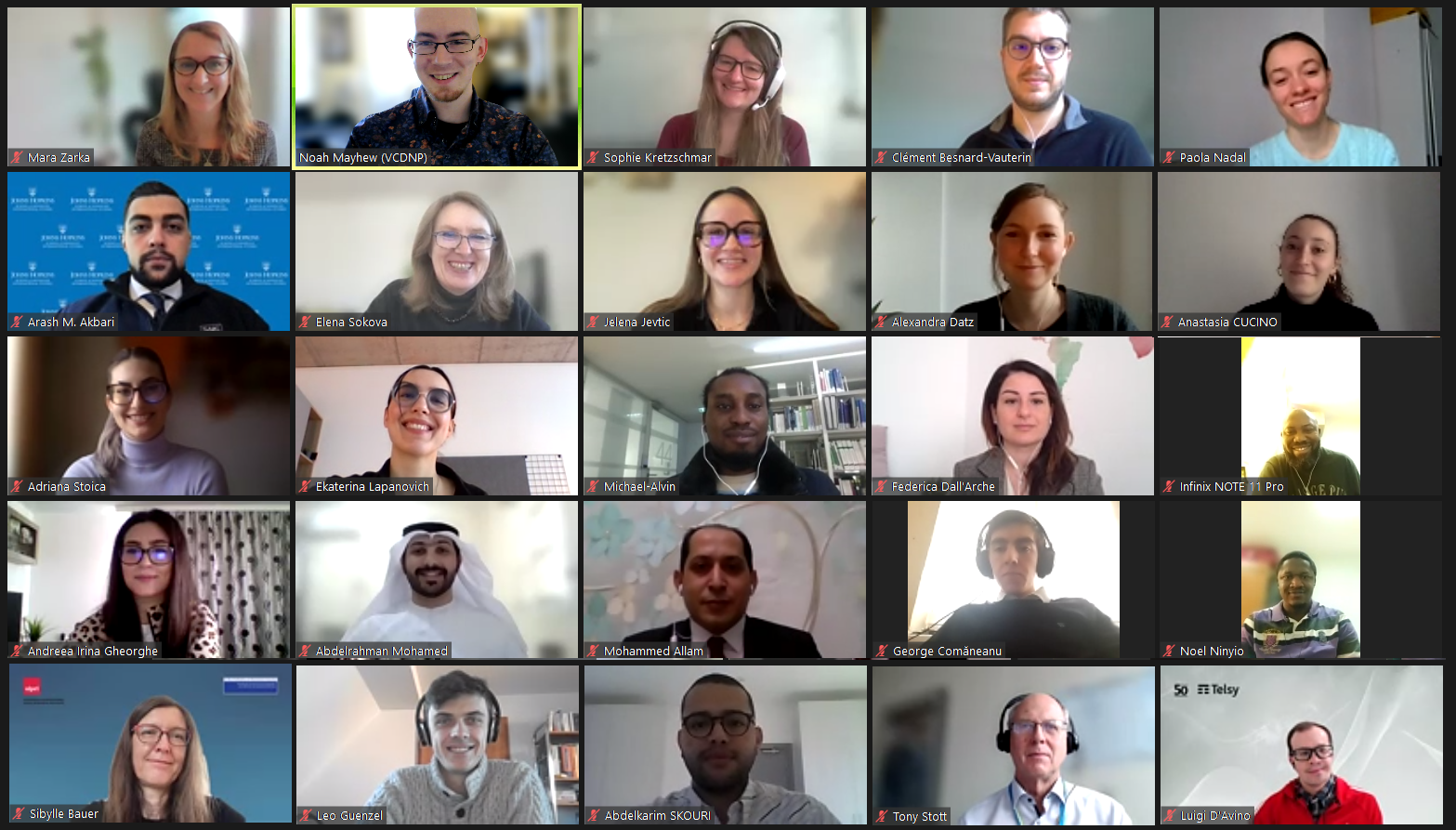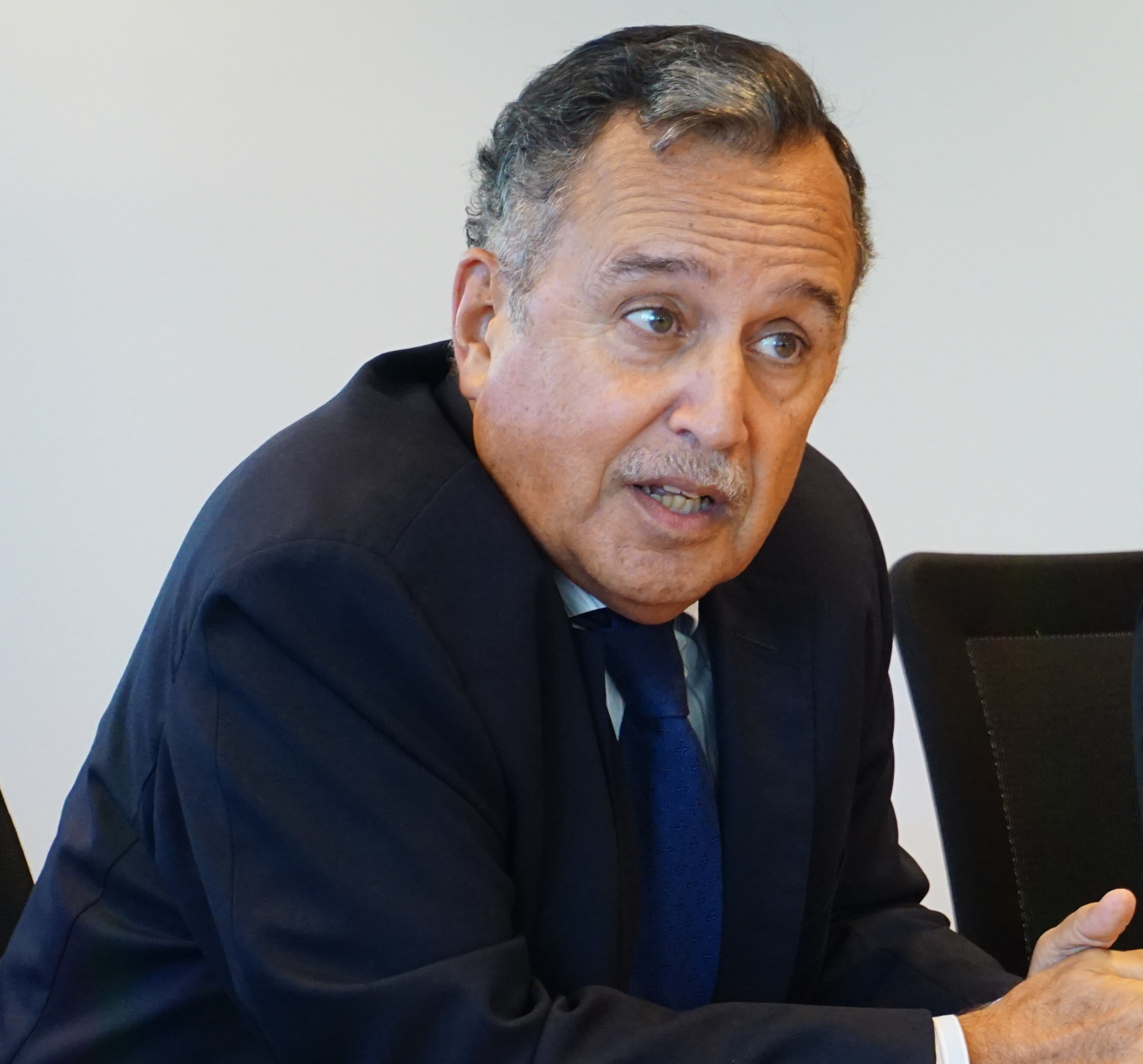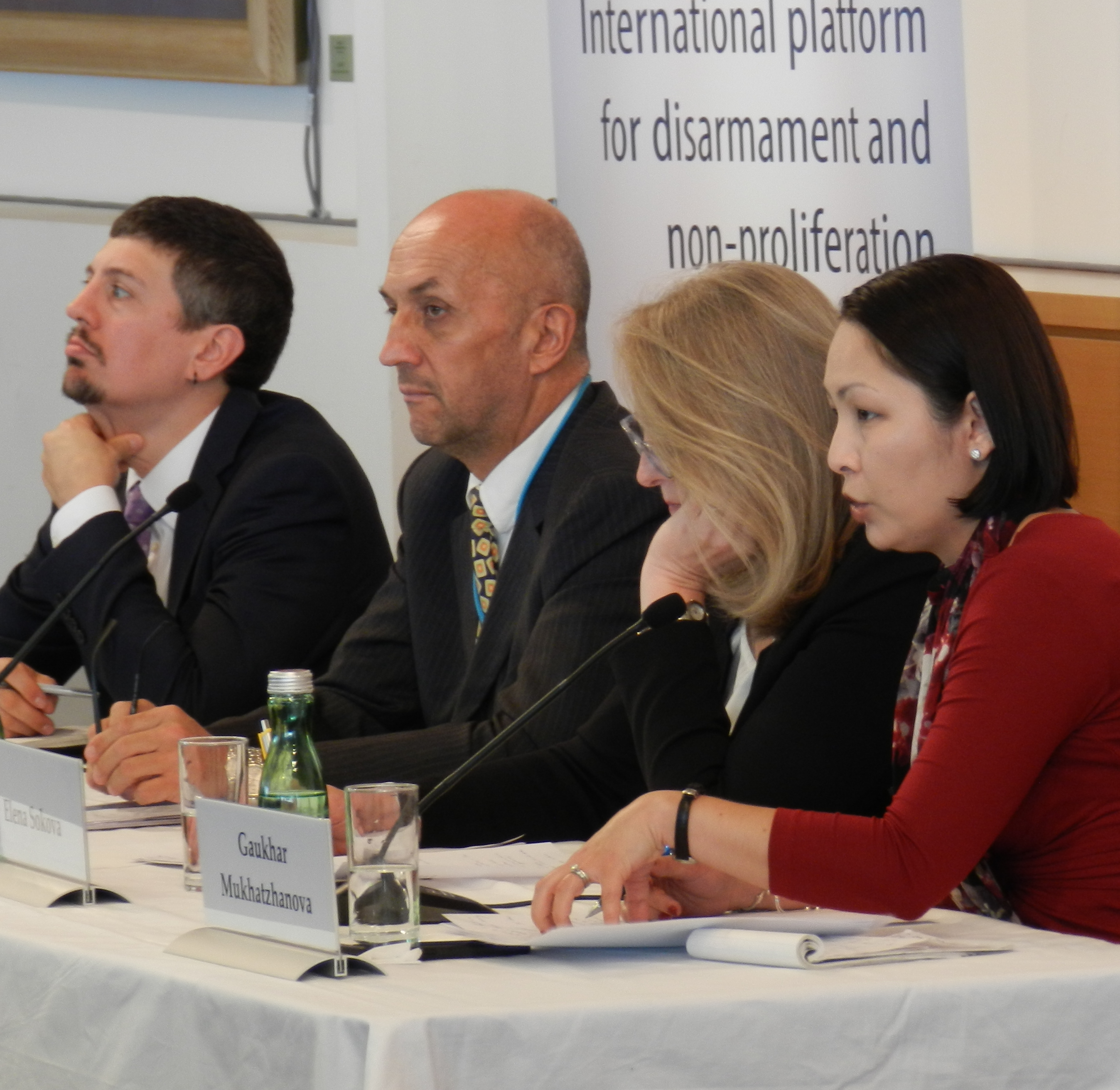
The Joint Comprehensive Plan of Action (JCPOA), an agreement between Iran and the E3/EU+3 (China, France, Germany, Russia, the United Kingdom and the United States), was concluded in July 2015 and endorsed by UN Security Council Resolution 2231 (2015). The JCPOA establishes a range of limitations on Iran's nuclear program along with extensive monitoring and verification measures in return for sanctions relief and economic cooperation. In May 2018, the United States announced its withdrawal from the agreement and subsequently reinstated U.S. sanctions on Iran. Iran has responded by breaching some of the JCPOA limitations, deeming European efforts to offset the effects of U.S. sanctions insufficient.
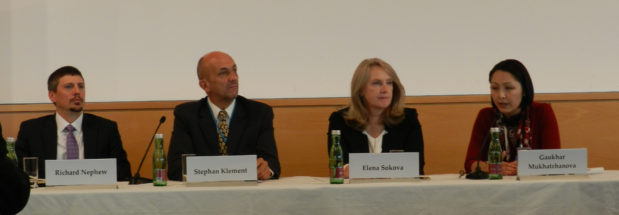
On 03 October 2019, the VCDNP held a panel discussion on the “JCPOA and the Future of Iran’s Nuclear Program,” which featured speakers: Ambassador Stephan Klement (EU Delegation in Vienna); Richard Nephew (Columbia University); and Gaukhar Mukhatzhanova (VCDNP). The event was moderated by VCDNP Executive Director Elena Sokova.
The speakers highlighted that the negotiators of the agreement knew that the JCPOA would not fix all of the identified problem areas with Iran but the goal of the JCPOA was to address the nuclear aspects. Those around the negotiating table knew that future talks would need to be held in order to deal with other pressing issues, such as missiles and regional stability.
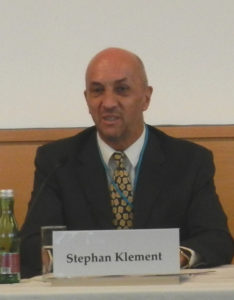
All of the speakers further emphasized that the JCPOA is not a perfect, but a good agreement. They highlighted that the agreement was not built on trust but on a scientific approach, specifying measurements to determine the correct limitations on items like: Iran’s enrichment activities; uranium stockpiles; and research and development of advanced centrifuges. The JCPOA mandates the International Atomic Energy Agency (IAEA) to implement intrusive monitoring and verification activities in Iran, which allows the Agency to provide assurance to the international community that Iran is abiding by the terms of the agreement.
Since the conclusion of the JCPOA in 2015, many among the American and Iranian political elite have expressed open hostility and skepticism towards the agreement. The domestic situation in both countries put strain on the JCPOA, which reached a peak when the United States announced its withdrawal and reinstated U.S. sanctions, effectively harming a central component of the agreement. In turn, Iran has started to cut its commitments under the JCPOA by exceeding the 300-kilogram ceiling on low enriched uranium; breaching the enrichment level ceiling of 3.67 per cent; and announcing its intent to remove all limitations on enrichment research and development activities.
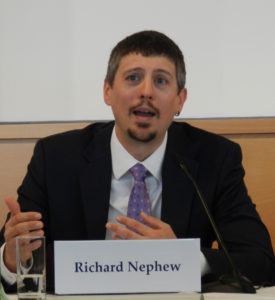
Despite Iran’s actions, all of the speakers agreed that Iran’s response has been gradual and the steps taken to date have been fairly modest and reversible. As one speaker noted, none of the measures taken so far by Iran go against their commitments to the Treaty on the Non-Proliferation of Nuclear Weapons (NPT) nor against their existing IAEA safeguard obligations. The speakers noted that Iran’s reaction to date shows a shimmer of hope for the future outcome of the agreement. The slow pace at which Iran is breaking away from commitments under the JCPOA indicates a preference to maintain the agreement. However, how can Iran and the U.S. find their way back to the JCPOA or create the conditions conducive for negotiating a new or amended agreement?
The speakers noted that the gradual nature of Iran’s recent violations of the JCPOA is a good sign, as is U.S. President Trump’s apparent preference to avoid military action. With U.S. presidential elections in 2020, speakers noted that political attitudes toward the agreement could change depending on the outcome of the election. Furthermore, the speakers indicated that at present there is still a pathway back to the JCPOA without an Iranian withdrawal from the agreement. To this point it was stressed by some of the speakers that the only way to save the agreement is through direct U.S.-Iranian talks, rather than via a multilateral solution. In this regard the European Union’s (EU) efforts, in particular the efforts by France, to initiate a phone call between both Presidents was viewed positively, stressing the EU’s role as a facilitator in promoting dialogue among both parties. Unfortunately the call never took place due to domestic opposition in both countries. Panelists also noted the introduction of the EU’s Instrument in Support of Trade Exchanges (INSTEX) as a way to offer some sanctions relief, in particular humanitarian relief, but stressed that it is not enough to salvage the JCPOA on its own.
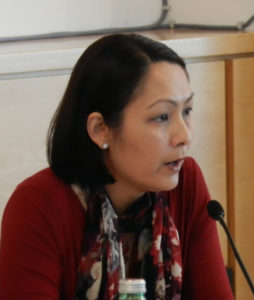
The speakers highlighted that the risk of further escalation increases every day and that the best way to preserve the agreement is through a diplomatic solution, in which talks without preconditions between Iran and the U.S. commence. The speakers viewed the prospects of a new deal deriving from such talks differently. Some viewed the JCPOA as the initial starting point for negotiations but argued that a new agreement would eventually have to be met, whereas other speakers stressed that the existing agreement was negotiated in the span of 12 years and striking a new deal would be extremely difficult. The event concluded with consensus that it is in both parties’ interest to continue dialogue and find a negotiated solution, as the alternative would not only result in the demise of the JCPOA but would place significant strain on the NPT and the multilateral non-proliferation regime at large.


